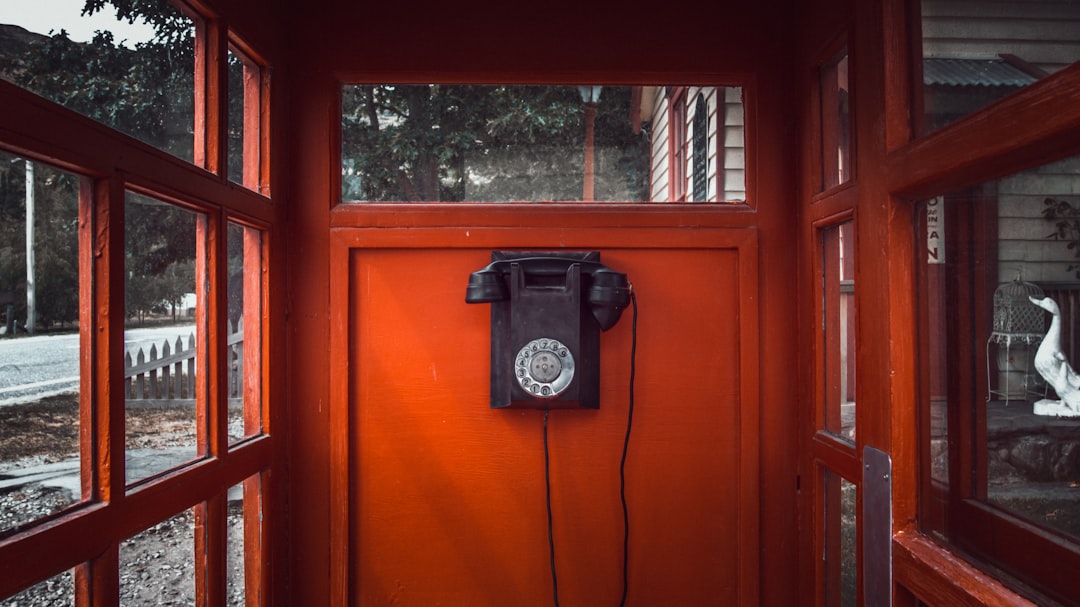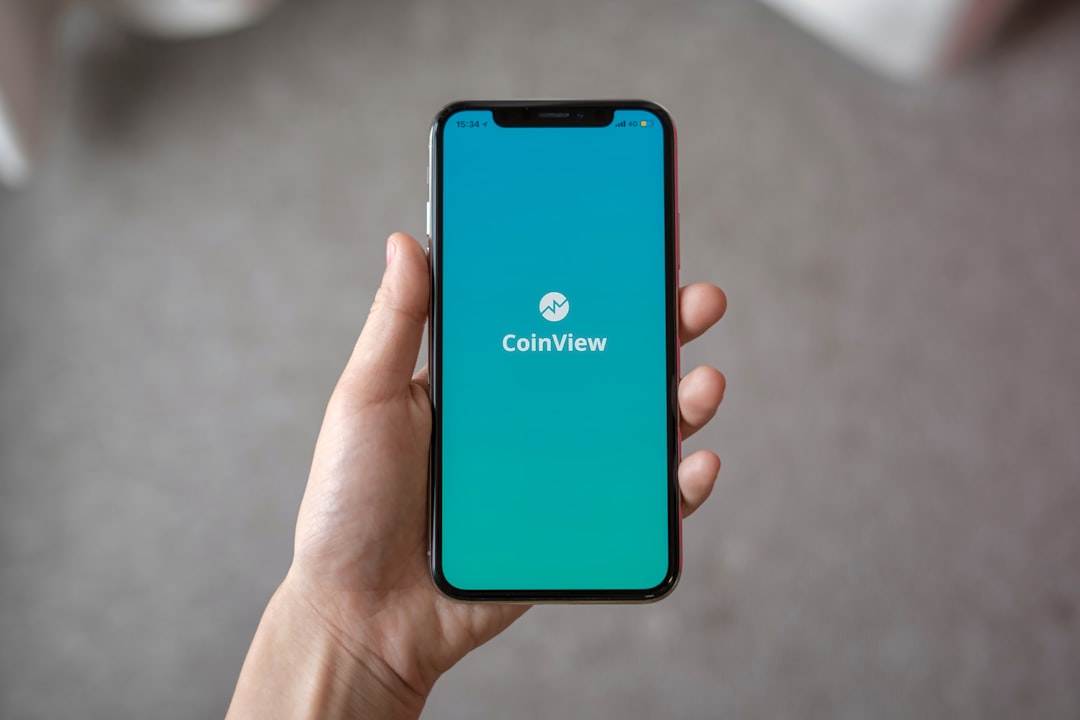Alabama's "Do Not Call" laws protect residents from unsolicited SMS spam, with strict regulations on marketing texts without explicit consent. Businesses and law firms must adhere to these guidelines, respecting consumer communication preferences. Consumers can opt-out of promotional texts by forwarding to 7726 (SPAM) and seek legal action through Do Not Call law firms Alabama if their rights are violated, with potential fines for spammers.
In the digital age, understanding SMS spam under Alabama law is crucial for both consumers and businesses. This article navigates the complexities of Alabama’s definition of SMS spam, exploring the state’s stringent Do Not Call rules for law firms. We differentiate between legitimate and unwanted messages, detail legal consequences for spammers, and highlight consumer rights and remedies. By delving into these aspects, we aim to foster awareness and protect individuals from intrusive messaging practices in the state.
Alabama Law: Defining SMS Spam

In Alabama, SMS spam is primarily regulated by the state’s “Do Not Call” laws, which are designed to protect consumers from unwanted communication, including text messages. According to these laws, businesses and law firms in Alabama are prohibited from sending mass text messages that promote or advertise their services unless they have obtained explicit consent from the recipients. This means that if you’ve opted out of receiving such messages or haven’t given your permission for marketing purposes, any SMS spam from law firms or other entities could be considered a violation of state regulations.
The definition of SMS spam under Alabama law is broadly similar to federal definitions. It includes unsolicited text messages sent for commercial purposes, often promoting legal services or other products and services. To fall under this category, the messages must be deemed as intrusive, unwanted, or excessive by the recipient, further emphasizing the importance of obtaining prior consent. As such, individuals and businesses operating within Alabama should be mindful of these regulations to avoid potential legal issues and maintain compliance with state laws protecting consumer privacy.
Do Not Call Rules for Firms

In Alabama, businesses, including law firms, must adhere to strict rules regarding telephone solicitation and marketing under the state’s Do Not Call laws. These regulations are designed to protect consumers from unwanted calls and give them control over their personal communication preferences. Law firms that fail to comply with these guidelines risk facing legal consequences.
The Do Not Call law in Alabama prohibits businesses from making telemarketing or sales calls to individuals who have registered on the state’s Do Not Call list. This list is comprehensive and includes both residential and business phone numbers. Law firms are strictly forbidden from calling numbers listed on this registry, ensuring that their marketing efforts respect the privacy and choices of Alabama residents.
Legitimate vs. Unwanted Messages

In the digital age, communication through Short Message Service (SMS) has become ubiquitous. However, along with legitimate text messages come unwanted or spam messages that can be intrusive and frustrating. Understanding the distinction between the two is crucial for consumers under Alabama law. Legitimate SMS communications from businesses or service providers generally offer value to the recipient, such as updates on products or services they’ve signed up for, or promotions tailored to their interests. These messages often include opt-out mechanisms, allowing users to easily discontinue receiving them.
Conversely, unwanted SMS spam often involves marketing tactics that are aggressive and unethical. Spammers target individuals without consent, bombarding them with unsolicited advertisements or phishing attempts. Such messages typically lack clear opt-out options, making them a nuisance and potential security risks. Alabama’s Do Not Call laws provide some protection against these practices, but given the evolving nature of SMS spam, consumers remain vigilant to ensure their rights are respected in this digital landscape.
Legal Consequences of Spamming

The legal consequences of spamming, including unwanted text messages or SMS, can be severe under Alabama law. The state has implemented strict regulations to protect consumers from intrusive and deceptive marketing practices. If found guilty of spamming, individuals or businesses can face substantial fines and other penalties. For instance, Alabama allows recipients to sue for damages, including attorney fees, if they receive unwanted text messages promoting goods or services.
Moreover, the Alabama Attorney General’s office actively enforces anti-spam laws, taking action against violators. Non-compliance may result in criminal charges, with punishments ranging from fines to imprisonment. Notably, these laws extend to automated dialing systems and require explicit consent for marketing texts, ensuring consumers’ privacy and peace of mind. Therefore, businesses should carefully navigate SMS marketing practices to avoid legal repercussions, especially when targeting Alabama residents who have opted out of such communications, effectively respecting their “Do Not Call” preferences.
Protecting Consumers: Rights & Remedies

Under Alabama law, consumers have protections against unwanted text messages or SMS spam. The state’s Do Not Call list extends to SMS messaging, offering individuals a way to opt-out of promotional texts. If you receive spam messages, you can take action by forwarding the message to 7726 (SPAM), which triggers an automatic opt-out for future communications from that sender.
Additionally, Alabama law provides consumers with legal remedies if they feel their rights have been violated. Those who experience repeated or harassing SMS spam can file a complaint with the Alabama Attorney General’s office, which may lead to legal action against the spammers. Moreover, affected individuals can seek damages for their trouble, including actual losses and reasonable attorney fees, ensuring that their rights are protected and spammers are held accountable under Alabama law, Do Not Call laws firms Alabama.






